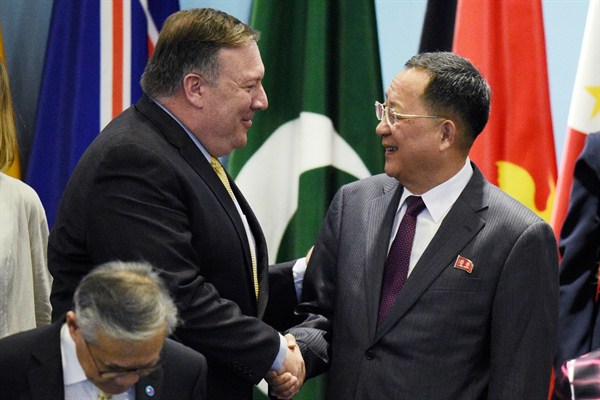Ending wars means working with bad people. You cannot forge a cease-fire or hammer out a peace deal without talking to leaders who are directly responsible for death and brutality. Some of these leaders may be genuinely honorable individuals. A lot won’t be.
This is a hard truth that professional peacemakers admit in private but tend to avoid mentioning in public. Analysts and officials working on conflict resolution have developed a blandly bloodless technical vocabulary for discussing their field. Political agreements should be “locally owned.” Peace should be “sustainable.” Peace operations should be “people-centered,” and so on.
Every profession has its jargon, but the technocratic language of the “peace business” can distract from the ugly realities of conflict. A new study commissioned by Britain’s Stabilization Unit, a government office formed in the wake of the wars in Iraq and Afghanistan, cuts through the blather.

